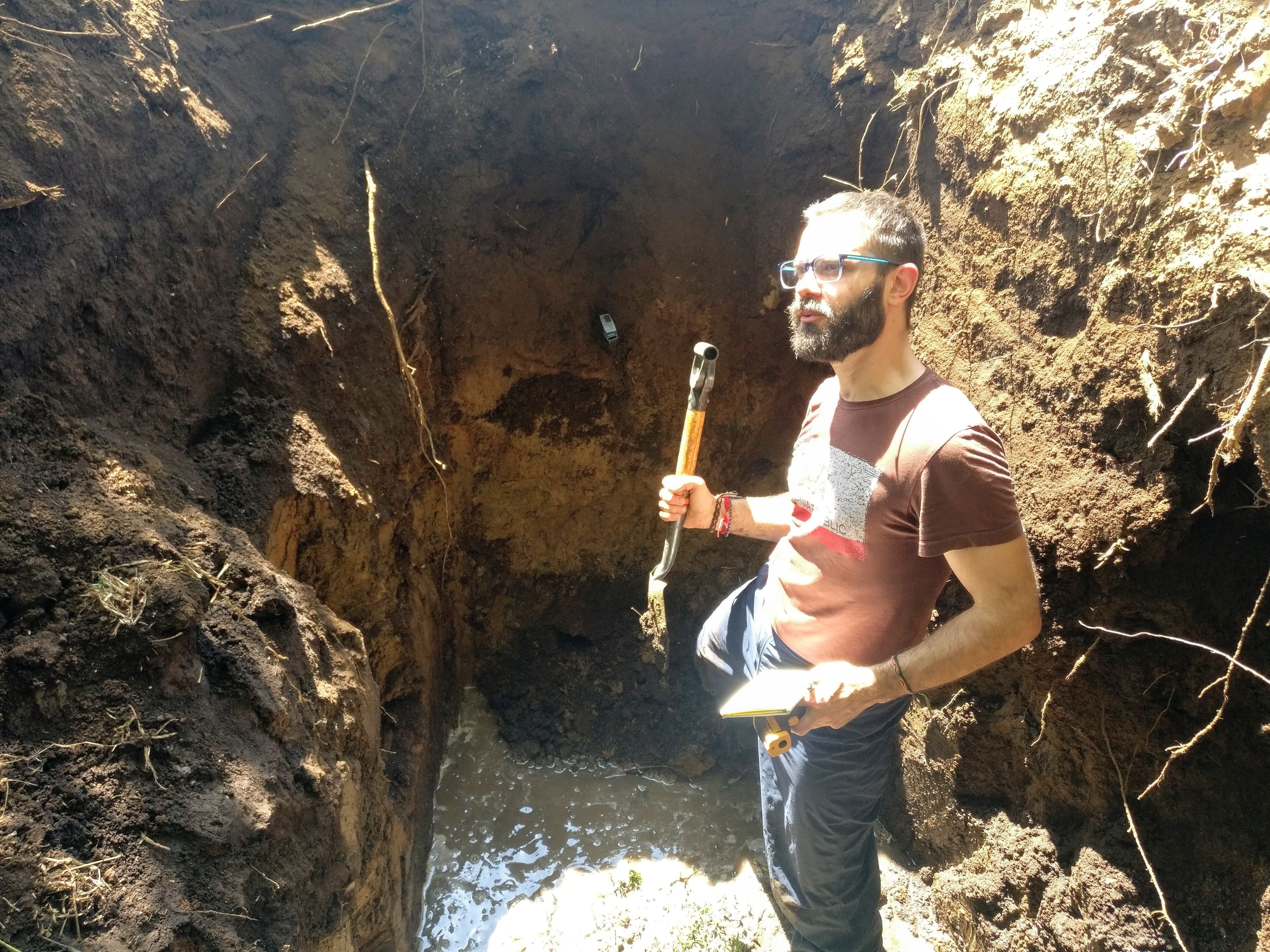How leaf-cutter ant nests change soil CO2 dynamics in Neotropical rainforests
Abstract
Leaf-cutter ants are one of the most conspicuous inhabitants of New World forests and plantations, where they march in endless parades carrying leaf fragments to their massive underground nests. They harvest hundreds of kilograms of vegetation each year, but they do not eat them; instead, they shred them to create a substrate to feed a fungus that has been their fundamental diet for 50 Ma. They are indeed the first farmers on Earth’s history and have evolved to optimize fungus growing conditions by engineering their surroundings. When we saw this dominant species in Costa Rica, we wondered how leaf-cutter ant nests alter the forest CO2 dynamics. To find out, we studied soil CO2 concentrations and emissions near and far from the nests, forest environmental conditions, and CO2 fluid dynamics in leaf-cutter ant nests. We discovered that nest soils exhibited less CO2 accumulation than non-nest soils for the same precipitation amounts. While soil surface efflux was equal across nest and nonnest plots, vent efflux was up to 100,000 times greater per unit area, with its CO2 emissions following a diel pattern driven by free convection and sporadic forced convection. Leaf-cutter ant nests provide alternative transport pathways to soil CO2 that increase total emissions, decrease soil CO2 concentrations, and have a lasting impact. We estimate average greenhouse gas emissions of about 78 kg CO2eq nest-1 yr-1. At the ecosystem level, leaf-cutter ant nests can account for up to 1% of the total forest soil emissions. However, balancing vegetation inputs and emissions, and considering their carbon cycle, active ant nests are a net carbon sink.
Bio
 |
I work on multidisciplinary projects to preserve resources and habitat for society and nature. My focus is on finding solutions for Biosystems challenges that require combinations of Engineering, Environmental, and Socioeconomic approaches. My objectives are to democratize scientific knowledge using low-cost solutions and teaching advanced science to children, and to support science-based decision making. I hold a PhD degree in Environmental Systems from the University of California, Merced, a MSc in Biosystems Engineering and Water Resources from the Fluminense Federal University (Brazil), and a BEng in Agricultural Engineering from the Polytechnic University of Madrid (Spain). |



